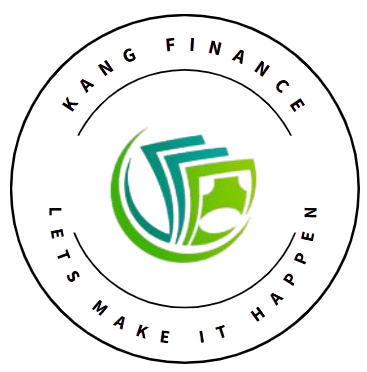Get an estimate of your savings in less than 60 seconds
Refinancing your loan involves replacing an existing loan with a new one, typically at a lower interest rate or with better terms. This can reduce monthly payments, shorten the loan term, or help consolidate debt, improving financial flexibility.
Loan refinancing is the process of replacing an existing loan with a new one, usually to secure better terms or a more favorable interest rate. Borrowers typically refinance mortgages, personal loans, or auto loans to reduce monthly payments, lower their interest rates, or adjust the loan term to fit their current financial situation.
Refinancing can be a smart financial move for borrowers who have improved their credit score, reduced their debt, or are looking to access better loan terms. For instance, if interest rates have dropped or your credit has improved since you took out your original loan, refinancing can lower your monthly payment and save you money in the long run.
There are different reasons for refinancing, including consolidating multiple debts, lowering your interest rate, or altering your loan term. While refinancing offers several advantages, it’s important to understand any fees, prepayment penalties, and the long-term impact of the new loan terms.
Before refinancing, borrowers should assess their current financial situation, research various loan options, and evaluate whether refinancing aligns with their financial goals.
Get an estimate of your savings in less than 60 seconds
EXCELLENTTrustindex verifies that the original source of the review is Google. I would highly recommend Harjot Singh as he was always available to answer my questions & kept me informed through out the process. His knowledge of loan options helped me secure the best rate. He made the mortgage process smooth & stress free, handling paperwork quickly & professionally. Thank you Harjot Singh…Posted onTrustindex verifies that the original source of the review is Google. Good experience with this company ThanksPosted onTrustindex verifies that the original source of the review is Google. I recently had the pleasure of working with Kang Finance, and I couldn't be more impressed with the level of service and expertise provided. From start to finish, they made the entire mortgage process smooth and stress-free.Posted onTrustindex verifies that the original source of the review is Google. Good Experience
We don’t charge any upfront fees for our services. However, some lenders may impose application fees or other charges related to the loan itself. We’ll be completely transparent about any potential costs and guide you through the process to ensure there are no surprises.
The pre-approval process typically takes up to 10 business days, depending on the complexity of your financial situation and the lender’s processing time. In more complex cases, there may be some back-and-forth communication, but we’ll work diligently to gather all necessary information and expedite your pre-approval.
You’ll need to provide the following documents for your mortgage application:
– Proof of identity (e.g., passport, driver’s license)
– Proof of income (e.g., payslips, tax returns from the past year)
– Group certificate (employment details and income)
– Bank statements (savings and transaction accounts)
– Evidence of assets and liabilities (e.g., property ownership, car loans)
We can also offer a personalised checklist tailored to your specific circumstances.
Fixed Interest Rates: These rates are locked in for a set period (e.g., 1-5 years), providing you with stable, predictable monthly repayments.
Variable Interest Rates: These rates can fluctuate based on market conditions, which may result in lower or higher repayments over time. This option offers flexibility but carries the risk of increasing rates.
We’ll help you assess which interest rate type aligns best with your financial goals and risk tolerance.
Yes, borrowing capacity can vary significantly between lenders, as each one has its own criteria. Some smaller lenders may offer higher loan amounts, but it’s important to compare interest rates, fees, and customer service to ensure you get the best overall deal. We’ll help you navigate these differences and find the lender that’s the best fit for your needs.
Pre-approval gives you an estimate of how much you can borrow based on your financial information, while final approval is the lender’s official commitment to provide the loan, subject to final checks and property valuation. We’ll guide you through both stages to ensure a smooth process.
Yes, it’s possible! Some lenders specialise in helping people with less-than-perfect credit. We’ll work closely with you to explore your options and find a lender that suits your situation.
